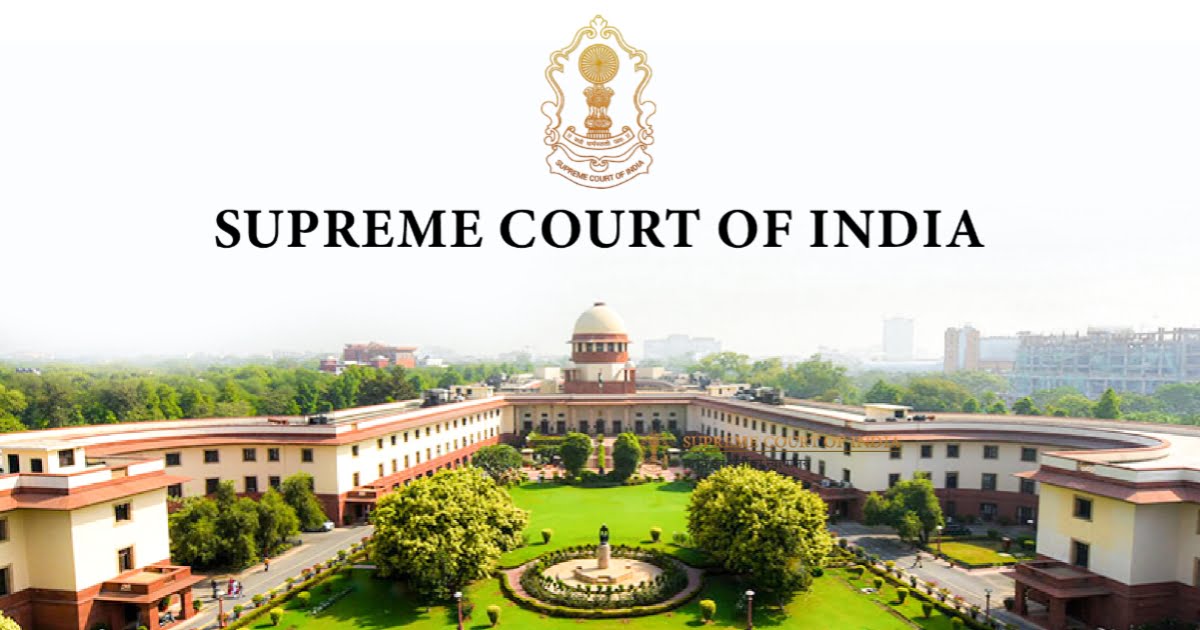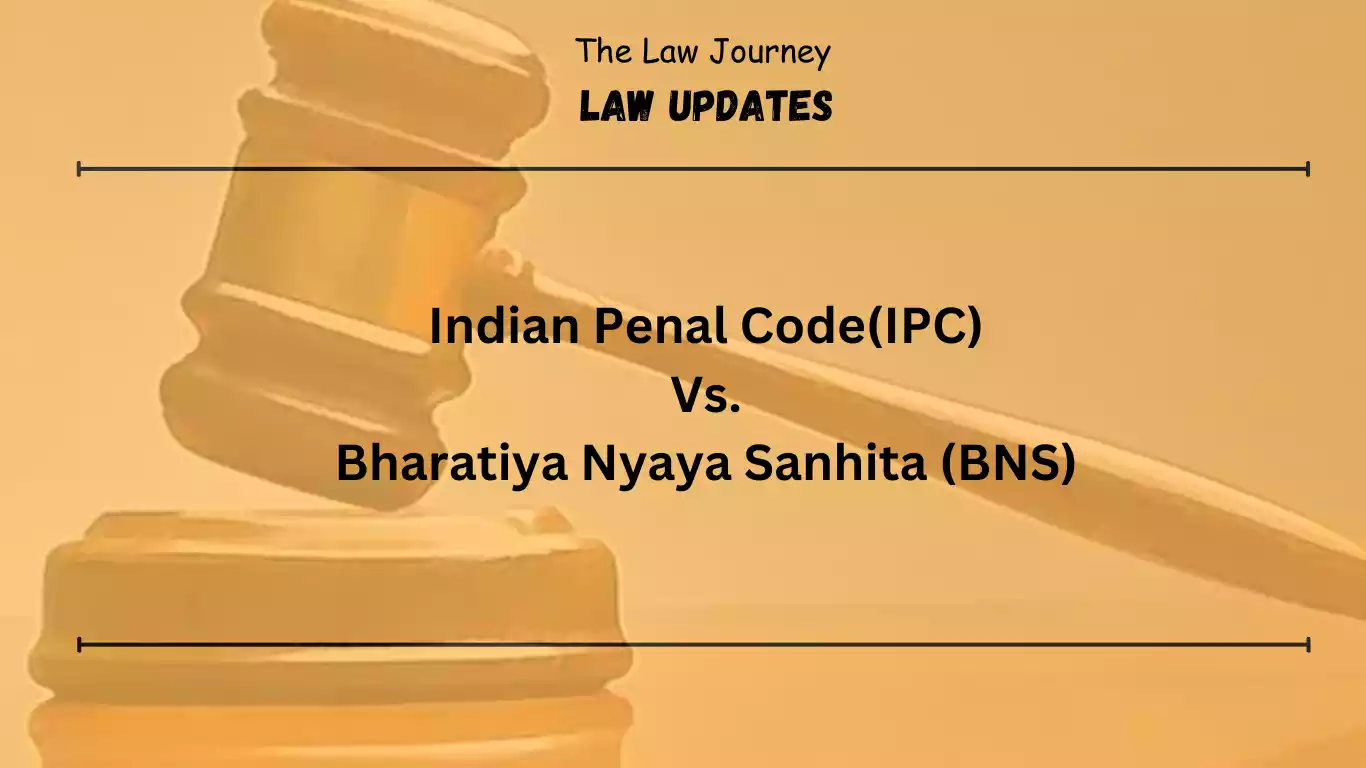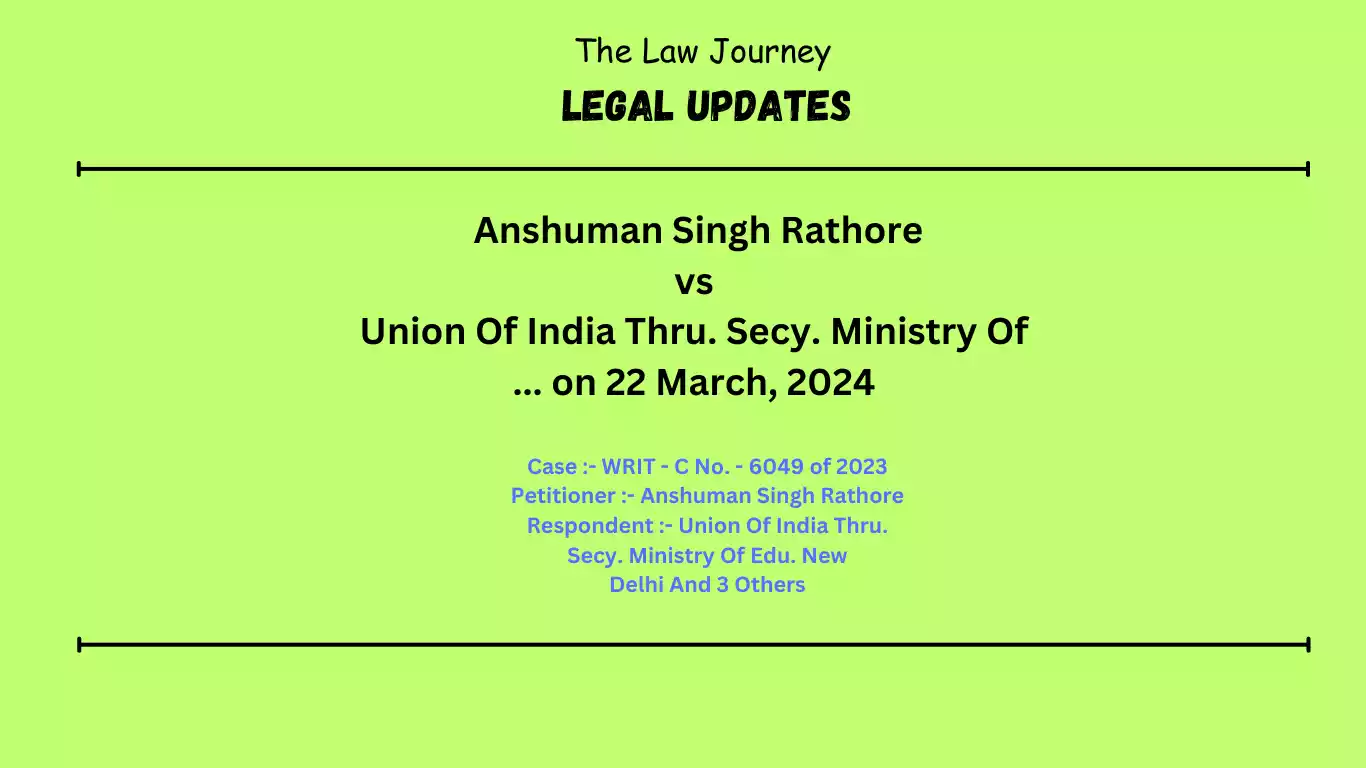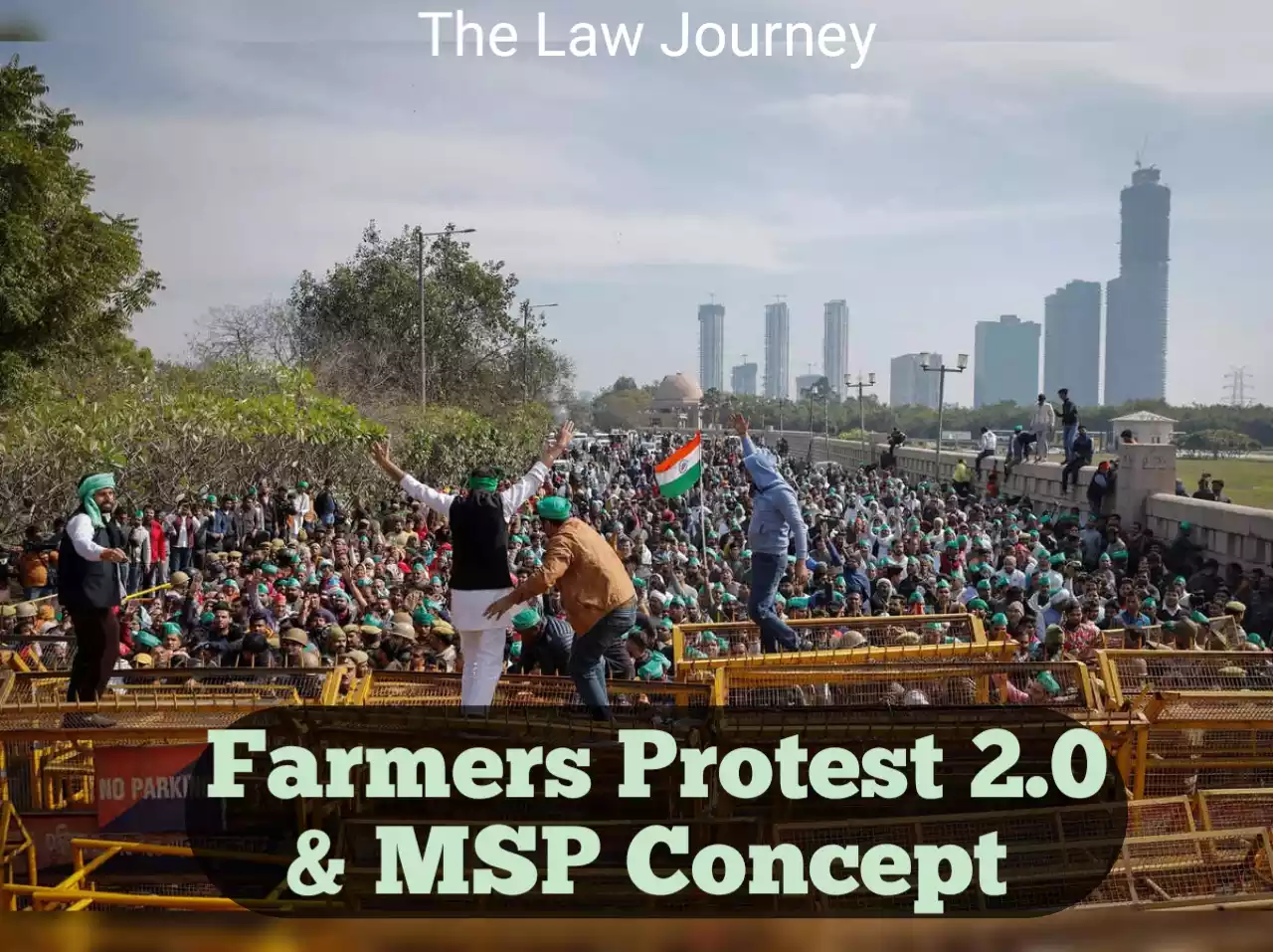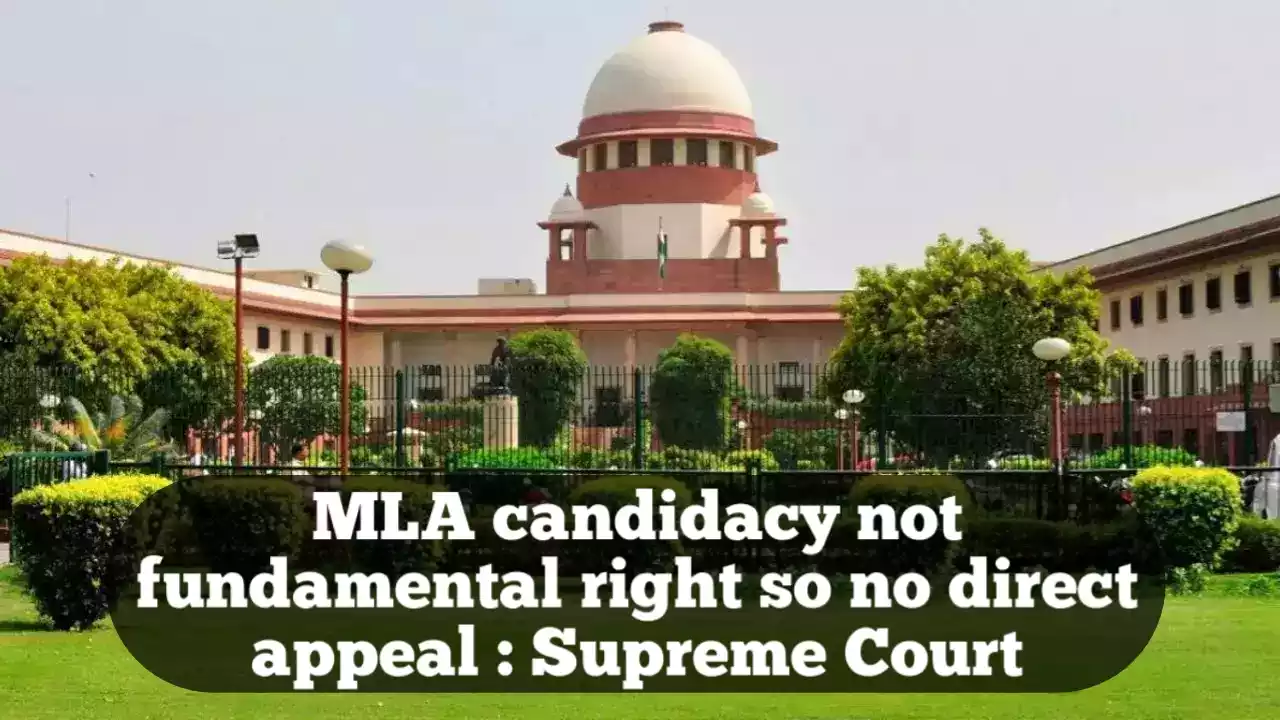New Delhi: The Supreme Court ruled on Monday that a trial court might call additional accused and try them together or separately depending on the stage of hearing in a criminal case.
A five-judge Constitution bench gave guidelines on the trial court’s procedure. The bench stated that if the trial court finds evidence or files an application under Section 319 of the CrPC regarding the involvement of any other person in committing the offence based on evidence recorded at any stage in the trial before passing an order on acquittal or sentence, it shall pause the trial at that stage and first decide whether or not to summon the additional accused and pass orders thereon.
A bench of Justices S Abdul Nazeer, BR Gavai, AS Bopana, V Ramasubramanian, and BV Nagarathna stated that if the trial court decides on joint trial, a new trial will begin only once the summoned accused is present. If the decision is made that the summoned accused can be tried separately, the court will have no difficulty continuing and concluding the trial against the other accused.
According to the guidelines, if the trial court invokes Section 319 of the CrPC to summon a new accused after the judgement has been reserved in the case, the appropriate course of action for the court is to lay it down for re-hearing.













